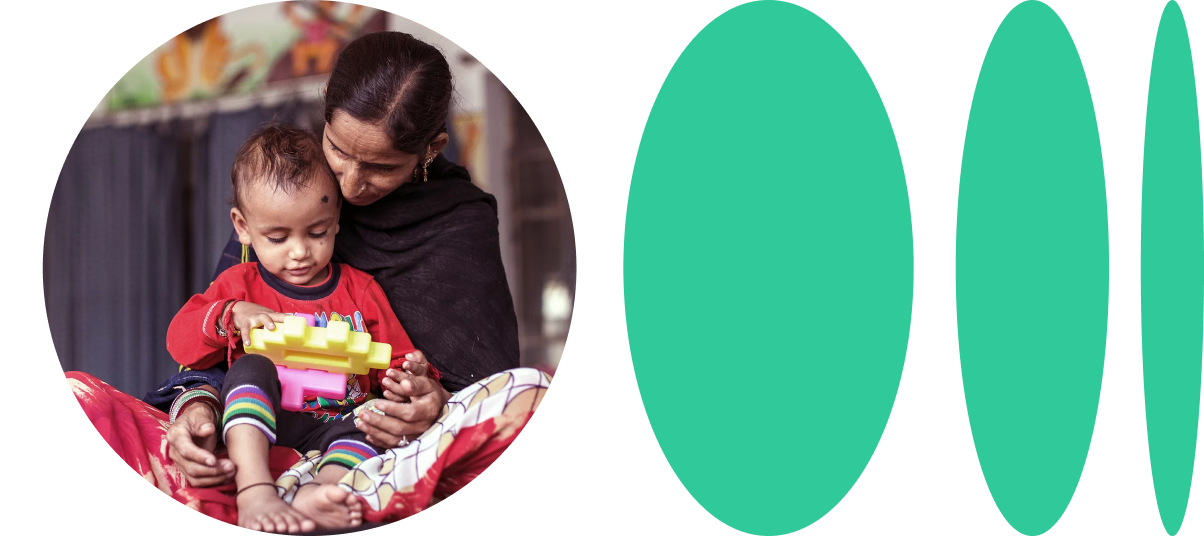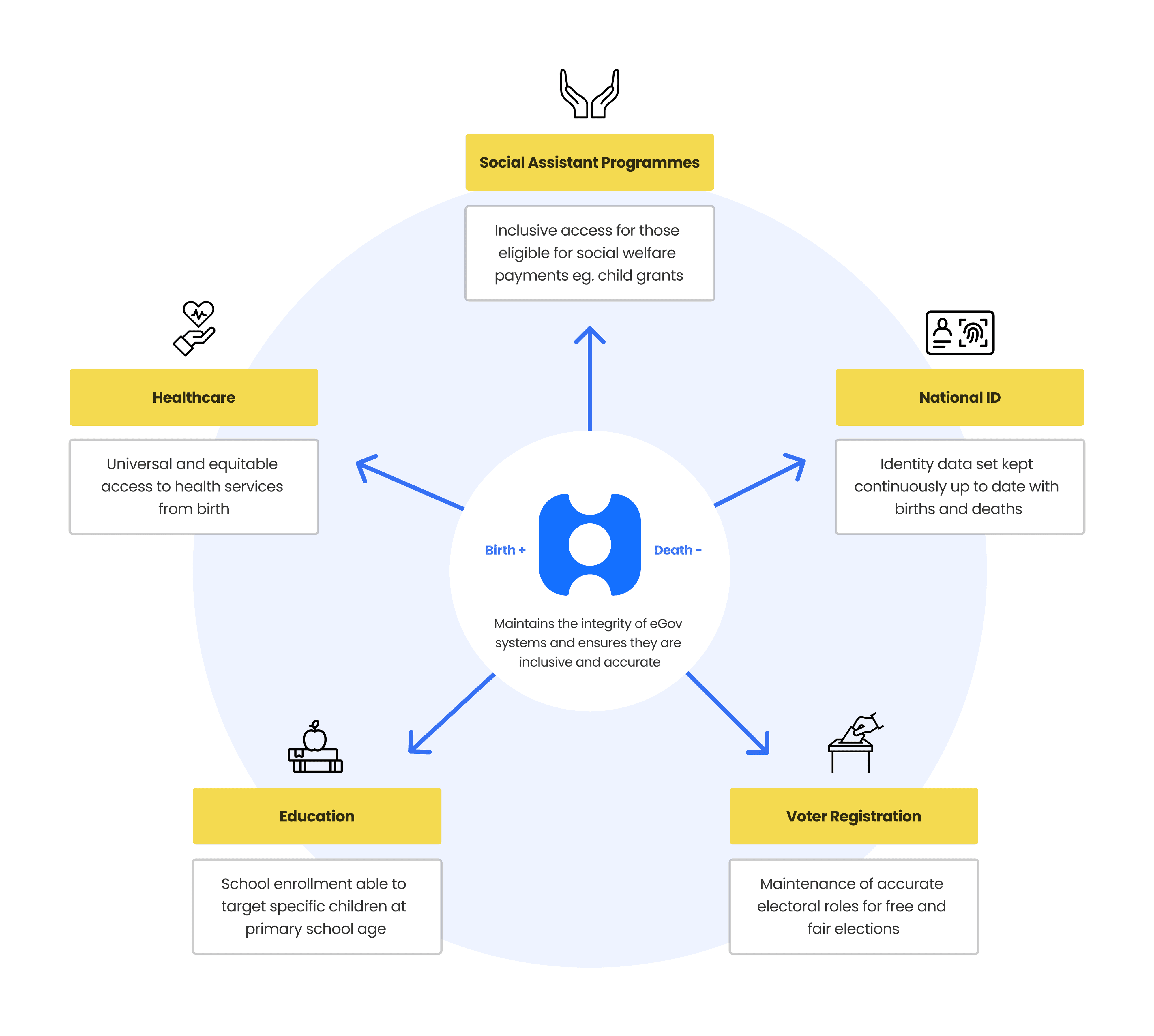The New Power Couple: Civil Registration and ID

At the recent ID4Africa 2023 conference, the importance of interoperability between civil registration (CR) and digital ID systems took centre stage. The discussions shed light on the immense value of integrating these systems and the critical role played by civil registration in maintaining the integrity of national ID schemes. As we reflect on the conference, it becomes evident that interoperability is the key to unlocking the full potential of these systems and paving the way for inclusive and accessible government and private sector services. In this blog post, we will delve into the significance of interoperability and its implications for the future of civil registration and digital ID systems.
The Inseparable Bond of CR and ID
The connection between civil registration and digital ID systems is increasingly recognized as essential for comprehensive data management and citizen empowerment. Civil registration serves as the primary source of trusted and accurate biographic data related to life events, such as births, deaths, and marriages. Universal birth registration is especially crucial to ensure that no individual is left behind. By embracing the digital age, civil registration systems can enhance the value and utility of vital event data. For example, digitized birth certificates stored as digitally signed verifiable credentials in a secure digital wallet can become authoritative sources, offering increased accessibility and portability.
Unlocking Innovation Through Interoperability
One resounding message from the ID4Africa conference was the need for Digital Public Infrastructure with standards-based interoperability. The ability of different systems to seamlessly communicate and share data is the foundation for innovation and the development of value-add use cases. At OpenCRVS, we recognize the significance of interoperability, which was further emphasized during our Interoperability Hackathon. This event showcased how various systems, including social protection, health, and ID can integrate with OpenCRVS to quickly support real-life use cases.

Collaborative Efforts & Results
As part of our commitment to interoperability, OpenCRVS collaborated with esteemed partners such as Modular Open Source Identity Platform (MOSIP), IN Groupe, Secure Identity Alliance, OpenSPP, Digital Convergence Initiative (DCI), and Intellisoft Kenya. Together, we demonstrated the power of interoperability in practice. The outcomes of this collaboration can be witnessed through the exciting results achieved. To explore these results and witness the transformative potential of interoperability, we invite you to visit the following link: Interoperability in action
So what?
The ID4Africa 2023 conference provided a platform to highlight the important connection between civil registration and digital ID systems. As we reflect on the discussions and insights shared, it becomes increasingly evident that interoperability is the key to unlocking the full potential of these systems. By integrating civil registration and digital ID systems and promoting interoperability, we can enhance data accuracy, accessibility, and portability, ultimately creating inclusive services that leave no one behind. OpenCRVS remains committed to driving interoperability forward, collaborating with partners, and embracing innovation to pave the way for a brighter future where every individual can access their rights and benefits with ease.